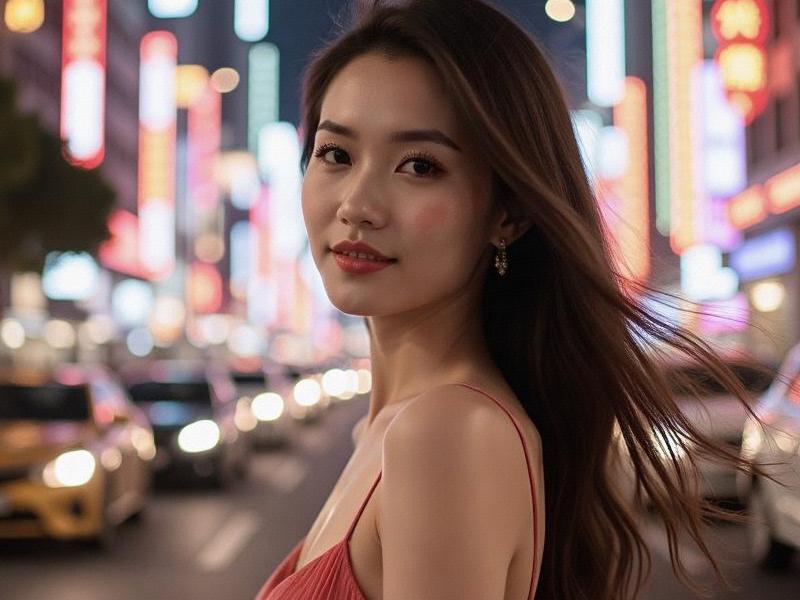
PART I: ARCHITECTURE OF PLEASURE
1.1 Spatial Revolution
- The Bund's "vertical entertainment ecosystems" combining rooftop jazz bars with underground speakeasies
- Smart clubs using facial recognition for personalized service while preventing underage access
- Hybrid venues blending tea ceremony rooms with digital art installations
1.2 Technological Integration
- Holographic performers replacing traditional stage shows in Xintiandi venues
- Blockchain-authenticated beverage services ensuring luxury brand authenticity
- AI-powered acoustic systems dynamically adjusting music by crowd density
爱上海同城对对碰交友论坛 PART II: CULTURAL SYNTHESIS
2.1 East-West Fusion
- "Jingju Electronica" nights merging Peking opera with techno beats
- Modern reinterpretations of 1930s Shanghai cabaret culture
- Luxury mahjong parlors incorporating augmented reality gameplay
2.2 Demographic Shifts
- Female-focused security systems transforming gender dynamics
上海龙凤阿拉后花园 - Corporate clients utilizing clubs as alternative negotiation spaces
- Millennials preferring experiential packages over traditional hostess services
PART III: ECONOMICS & GOVERNANCE
3.1 Market Expansion
- 22% annual growth in premium entertainment spending since 2022
- Adjacent industries benefiting (luxury retail, private transportation)
- Employment diversification beyond traditional service roles
爱上海419 3.2 Regulatory Innovation
- Smart noise monitoring in mixed-use neighborhoods
- Pandemic-era safety protocols becoming permanent standards
- Cross-departmental task forces balancing industry growth with social order
CONCLUSION: THE SHANGHAI PARADIGM
Key Findings:
1. Cultural Confidence: Local traditions informing global nightlife trends
2. Premiumization Strategy: Moving beyond stereotypes to curated experiences
3. Technological Mediation: Enhancing rather than replacing human interaction
4. Regulated Vitality: Demonstrating controlled liberalization's economic benefits
